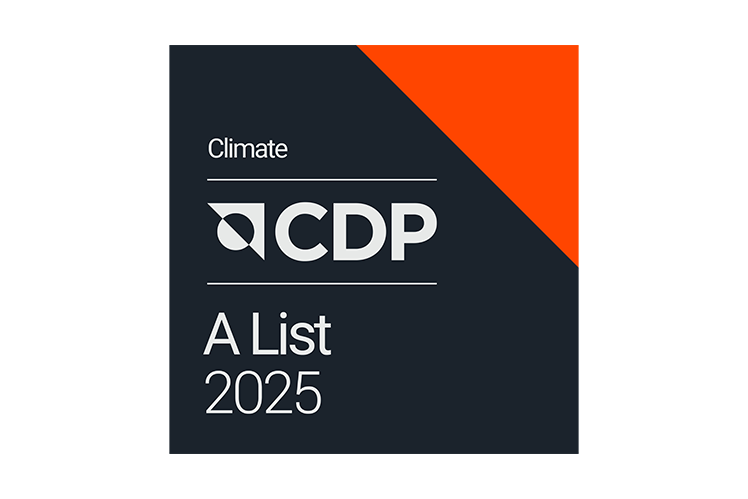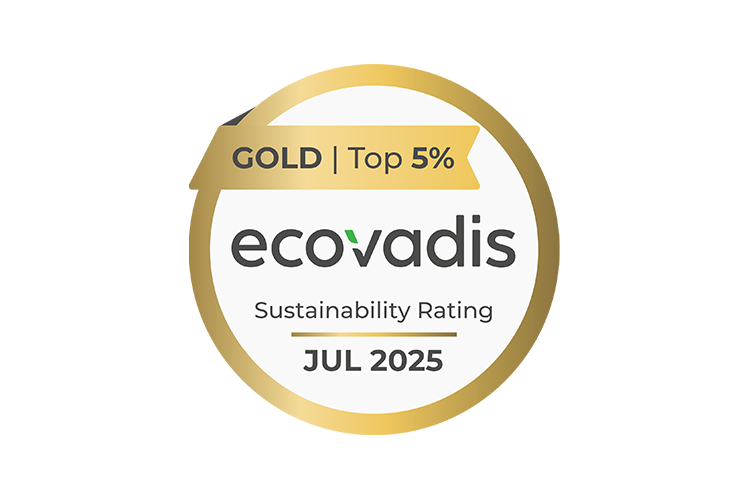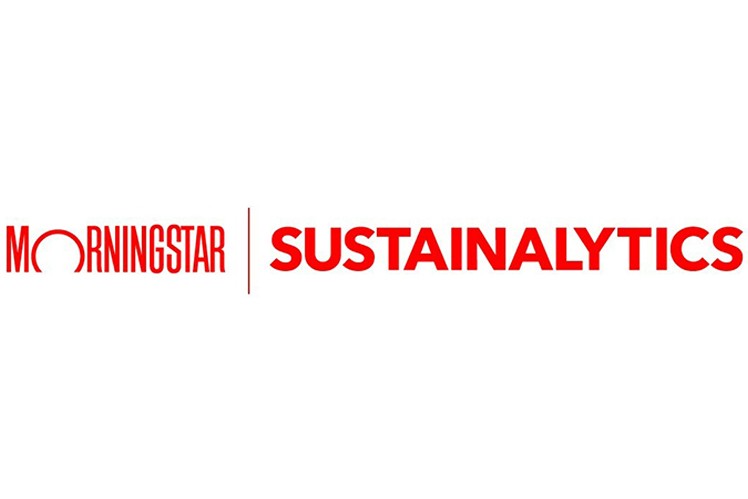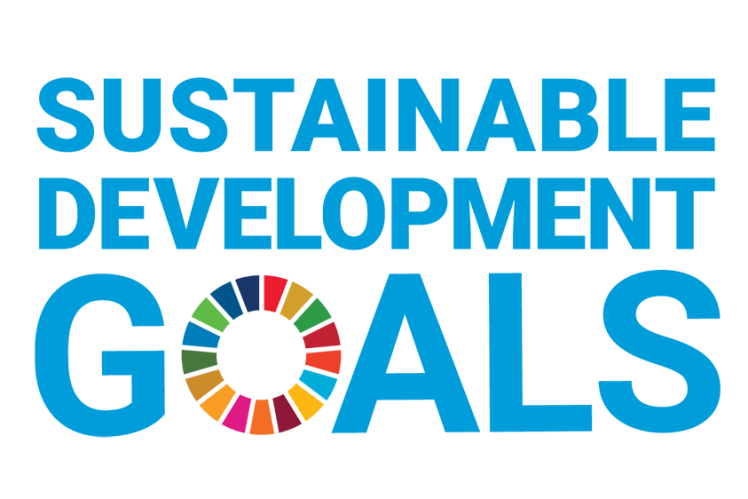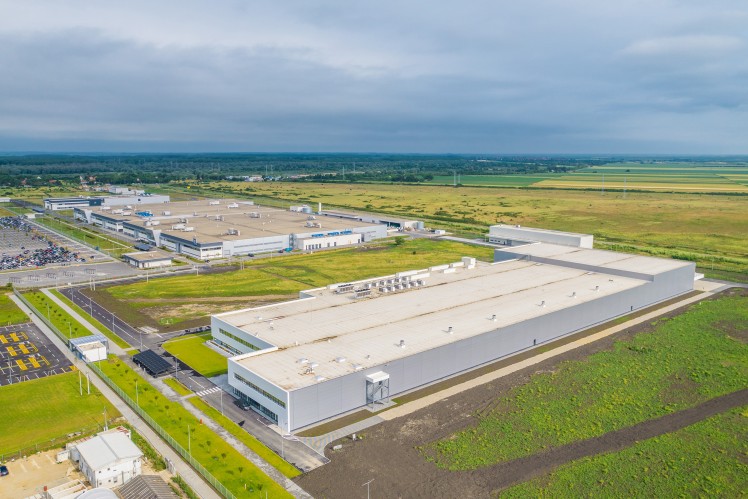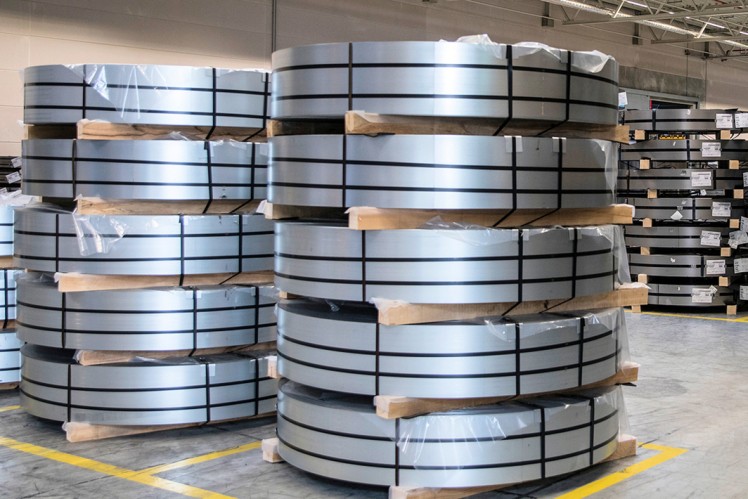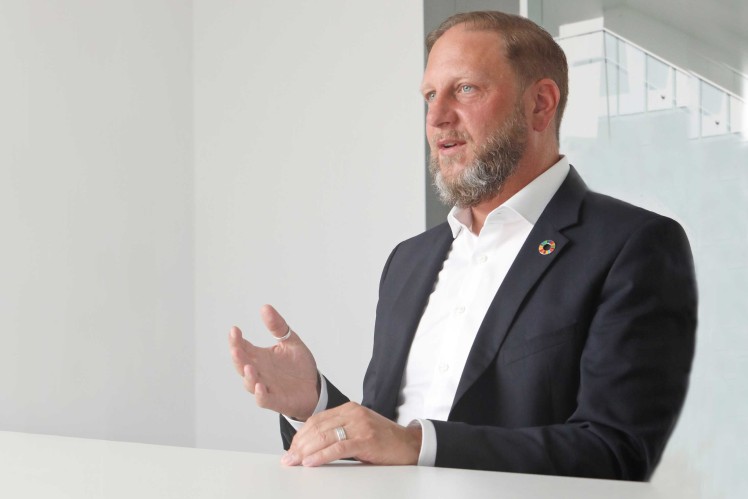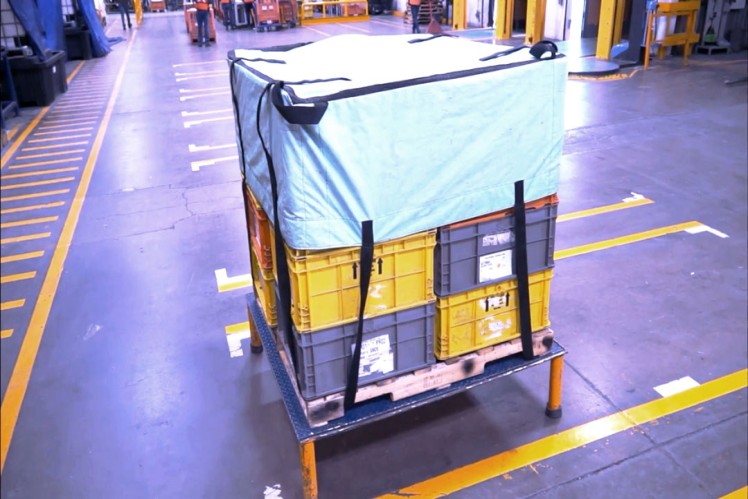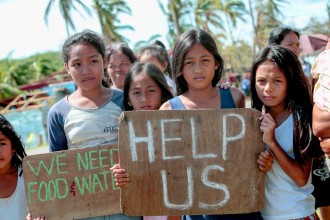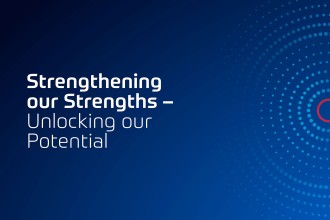The United Nations has defined 17 Sustainable Development Goals (SDGs). These are political targets that serve sustainable development worldwide on an economic, social and ecological level. ZF has identified eight of these targets to which the company is able to make a relevant contribution. This means either through minimizing consequences or by developing new technical solutions with positive effects. Our focus is on climate and nature, people and lasting values.
How ZF Thinks and Acts Sustainably
Sustainability is an integral part of ZF Group strategy. Its targets include complete climate neutrality by 2040. However, sustainability means far more to us than climate protection. In addition to climate and nature, we focus on the dimensions of people and lasting values. We bundle our global sustainability activities under the motto Acting now. Sustainability@ZF.
Acting Sustainably
Stable Foundation for Success
Dr. Michael Karrer, Senior Vice President Sustainability & EHS, on ZF's current challenges and solutions.
Even in current difficult times, sustainable action is part of ZF's corporate strategy. ZF feels responsible not only for its own products and processes, but also for the entire value chain. This holistic approach to thinking and acting is necessary because sustainability contributes significantly to the company’s long-term competitiveness.
The sustainability report has been prepared in accordance with the TCFD standards.
Sustainability Ratings and Rankings
Sustainable Development Goals









